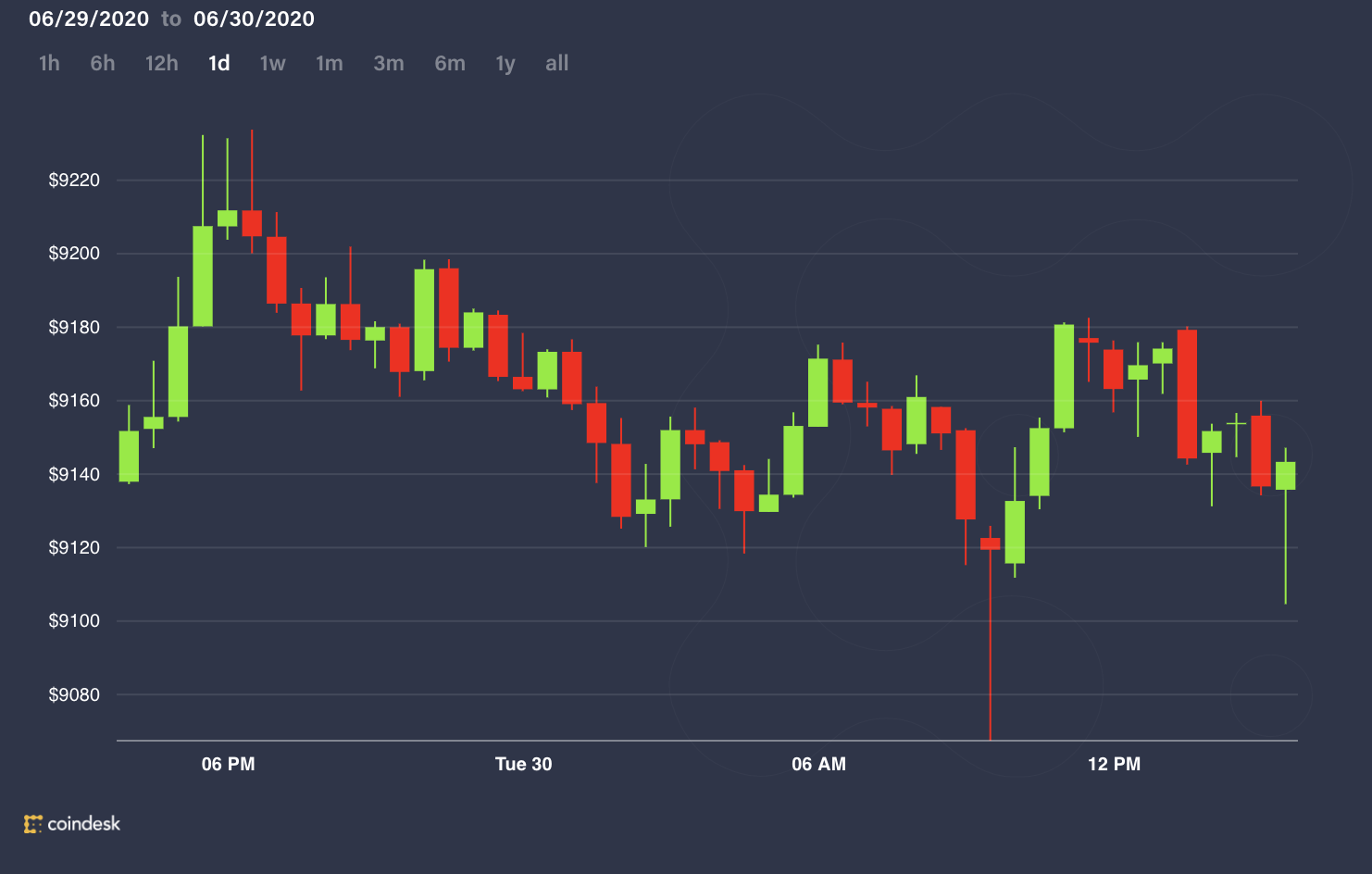Transit Insurance Policy: An Incredibly Easy Method That Works For All

Transit insurance policy is a type of insurance that covers goods and merchandise while they are being transported from one location to another. Whether the goods are being shipped by sea, air, or land, transit insurance provides coverage for loss, damage, or theft that may occur during the transit process.
Here are some incredibly easy methods that work for all when it comes to transit insurance policy:
- Understand your coverage: It’s essential to know what your transit insurance policy covers and what it doesn’t. Make sure to read the policy documents carefully, including the terms and conditions, so that you know exactly what you are covered for.
- Choose the right coverage: Transit insurance policies can vary in coverage and price, so it’s essential to choose the right policy that meets your needs. If you’re shipping high-value goods, for example, you may need a more comprehensive policy.
- Declare the value of goods accurately: When taking out a transit insurance policy, you will need to declare the value of the goods you are shipping. It’s essential to do this accurately, so you don’t end up underinsured or paying more for coverage than you need to.
- Take photos and keep records: Before shipping your goods, take photos of them and keep detailed records of their condition. This can be useful if you need to make a claim later on.
- Pack and label goods properly: Proper packing and labeling of goods can help to prevent damage during transit. Make sure to use appropriate packaging materials and clearly label the packages to avoid confusion.
- Report any damage immediately: If your goods are damaged during transit, report it to the carrier or shipping company immediately. This will help to ensure that your claim is processed quickly and smoothly.
By following these easy methods, you can ensure that your transit insurance policy works for you and provides the coverage you need to protect your goods during transit.
Marine insurance waste refers to unnecessary costs or expenses incurred by marine insurance companies, policyholders, or other parties involved in the marine insurance process. This can happen in several ways, such as through inefficient claims processing, inadequate risk assessments, or inflated premiums.
One common cause of marine insurance waste is fraudulent claims, where individuals or companies make false claims to collect payouts from insurance companies. This can result in higher premiums for policyholders and increased costs for insurance companies.
Another way marine insurance waste can occur is through inadequate risk assessments, where insurance companies may not properly evaluate the risks associated with insuring a particular vessel or cargo. This can lead to unnecessary expenses and losses for both the insurer and the insured.
Efficient claims processing is also essential to preventing marine insurance waste. Delayed or inefficient claims processing can result in increased expenses for both insurers and policyholders, such as additional costs for storage and transportation of goods, and can lead to increased premiums for policyholders in the future.
Overall, reducing marine insurance waste requires a collaborative effort between insurance companies, policyholders, and other stakeholders to improve risk assessments, prevent fraudulent claims, and streamline claims processing.






